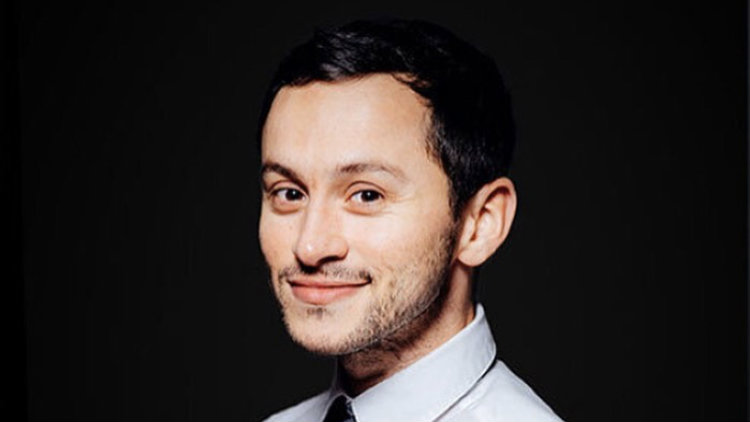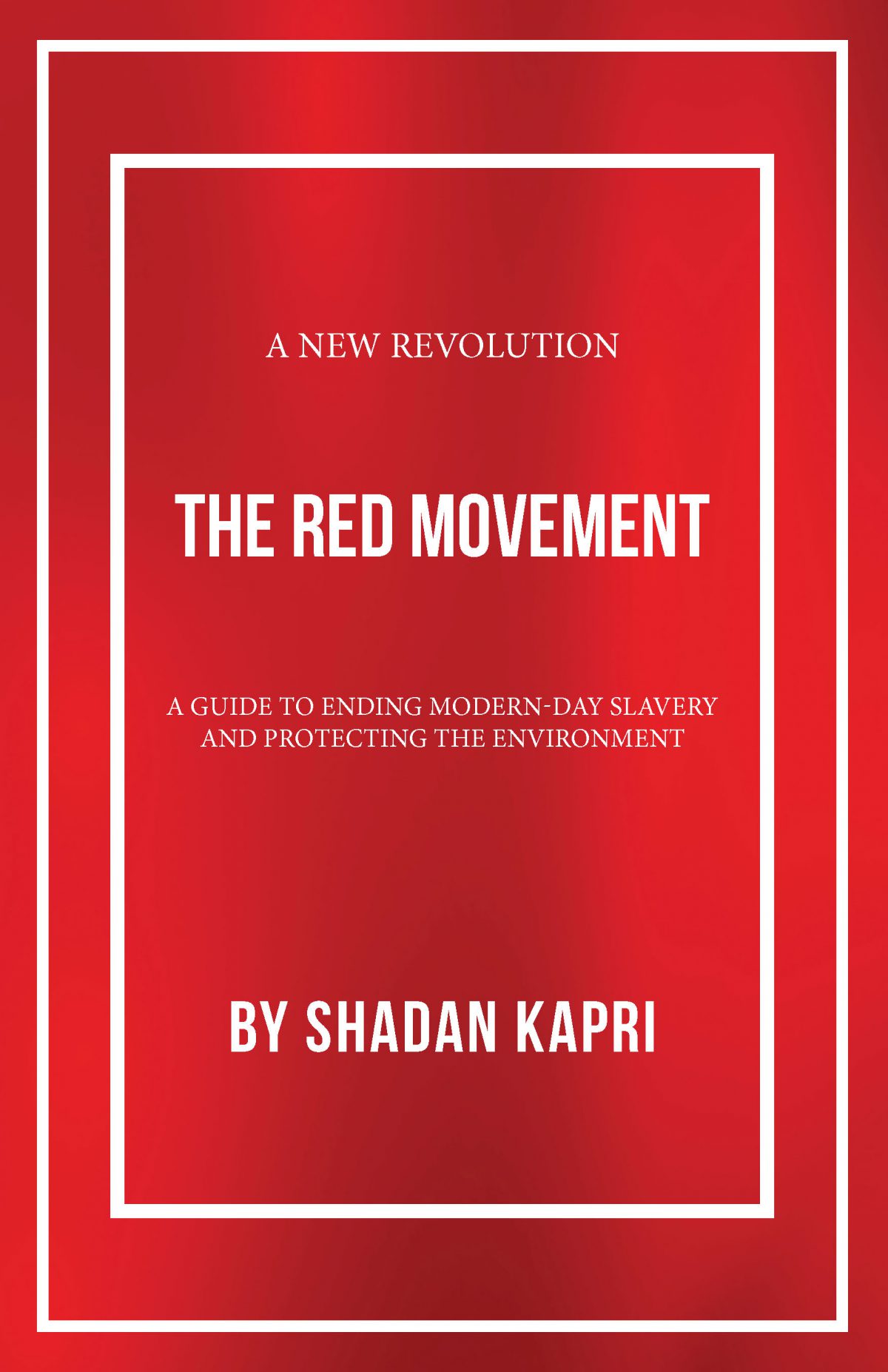Shadan Kapri (MSJ13)
THE RED MOVEMENT provides a new perspective on how to combat modern-day slavery while protecting the environment.
The reality is impossible to deny any longer. Modern-day slavery is more widespread now than during the transatlantic slave trade with more people living in slave-like conditions than ever before in history. At the same time, the environment is being harmed at an unprecedented pace. These harsh realities have led to igniting THE RED MOVEMENT around the world.
The RED MOVEMENT is a global call to action of focused and deliberate change to end all forms of modern-day slavery and stop the destruction of the environment. The stunning truth is that slavery never really ended; it just changed form. People are still bought and sold in public auctions, forced to sell their bodies to survive, or work in hidden factories under unbearable conditions. Some toil away on farms and even on construction sites of some of the world’s most famous sporting events.
The forced labor of slaves can be linked back to certain toys we buy, clothes we wear, and even foods we eat. Slave labor is used in mining, and too often those basic raw materials find their way into electronics, computers, smartphones, cars, cosmetics, and even jewelry.
Slavery never stopped. It just expanded to include innocent men, women, and children from every nationality and race. Modern-day slavery, in all its various forms, is more profitable now than ever before, and its connection to the environment has remained a mystery for far too long.
We are in the midst of the greatest human rights and environmental crisis in history, and most people are completely unaware until now. Until THE RED MOVEMENT.









